
The National Cultural Foundation
West Terrace,
St. James, Barbados
246-417-6610
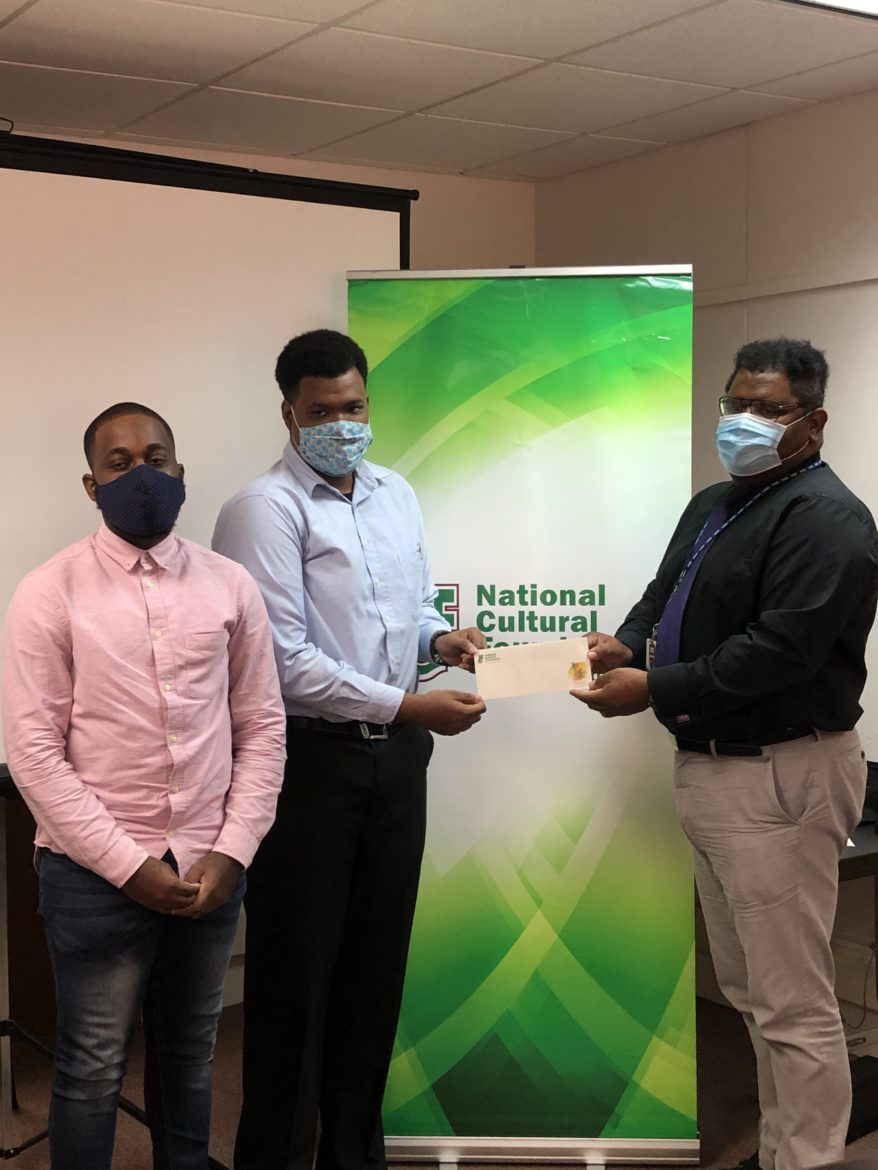
Arts & Culture - Theatre ArtsNewsNews RoomNIFCA
todayNovember 26, 2025 76
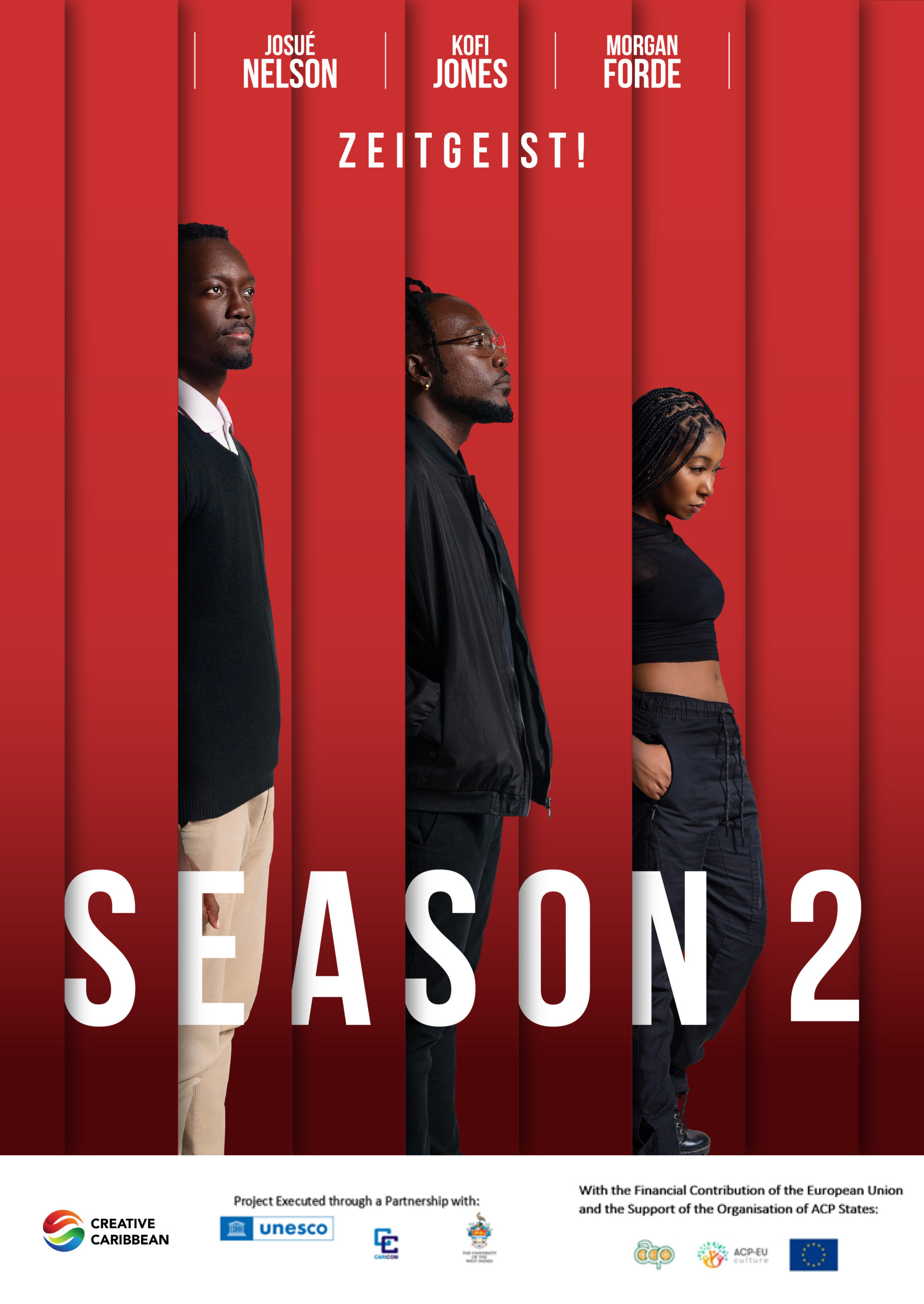
When ZEITGEIST! earned two NIFCA Silver Awards in 2025 for Season 2 Episodes 1 and 3, it marked not just another accolade but a moment of clarity for creator and producer Kota Forde-Cumberbatch. For someone who describes herself as perpetually uncertain about the quality of her own work until months after completion, the recognition served as affirmation. “It confirms for me that I’ve made something that’s more than just passable or competent. It’s actually very good!” she shared with a mix of relief and pride.
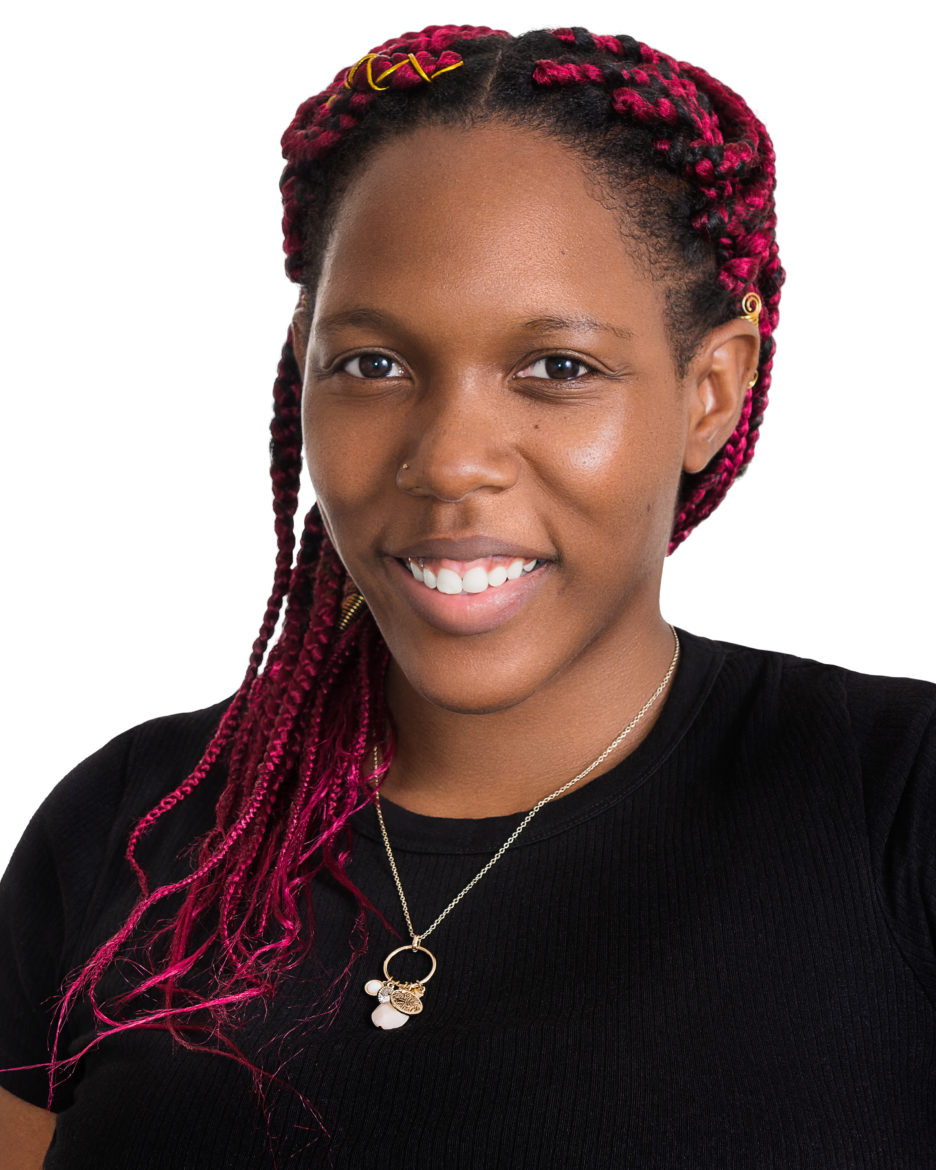
Kota Forde-Cumberbatch, Creator & Producer of ZEITGEIST.
The Barbadian television magazine series, now firmly carving a space for itself in the cultural landscape, did not begin as the archival, retrospective project it has become. In its earliest conception, it was meant to resemble North American entertainment news formats such as EP Daily and Extra. The content was contemporary, fleeting, reviews, event coverage, and commentary on “what’s happening now.”
Then the world shut down.
“COVID happened; not much was going on, and we couldn’t go outside,” Kota recalled. The shift to timelessness—and in many ways to purpose—came from Cinematographer and Sound Mixer, Romario Hunte. He suggested they create content “that’s timeless, that more or less remains relevant,” a suggestion that would become the philosophical pivot for the entire franchise. The team turned to YouTube video essays and PBS Studios as structural inspiration. Suddenly, ZEITGEIST! wasn’t just about documenting entertainment, it was about documenting memory.
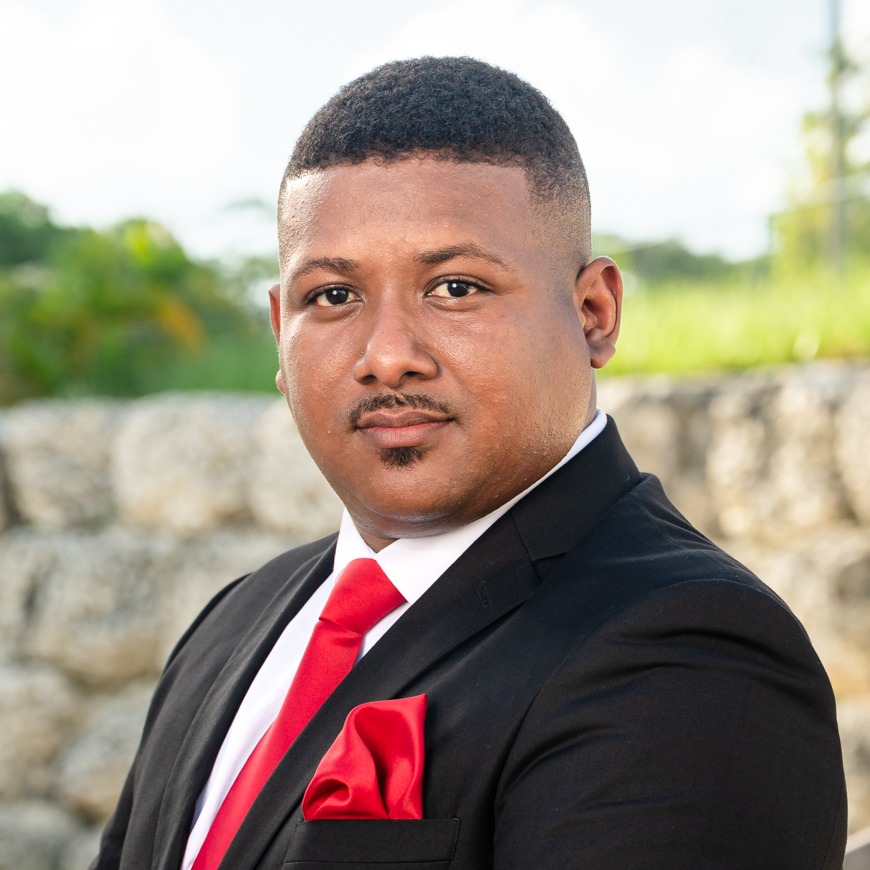
Romario Hunte — Cinematographer & Sound Mixer
What makes something “ZEITGEIST!-worthy”? For Kota, the answer is deceptively simple: personal interest. In Season 2, she took on all the research and writing herself, though content planning remained collaborative. “It’s really just what we want to talk about,” she explained. But behind that simplicity is a clear, intentional mission. The series exists to “honour, celebrate, and promote Barbadian art and artists while also educating Barbadians about the island’s artistic heritage.”
That heritage, she argues, is far richer than many realise. Before creating the series, even she had only a surface-level awareness of figures like Irving Burgie. “I didn’t know that Menelik Shabazz and Dennis Bovell existed or about their contributions,” she admitted. And she believes that gap in knowledge is widespread, not out of disinterest, but out of lack of access. ZEITGEIST! seeks to change that.
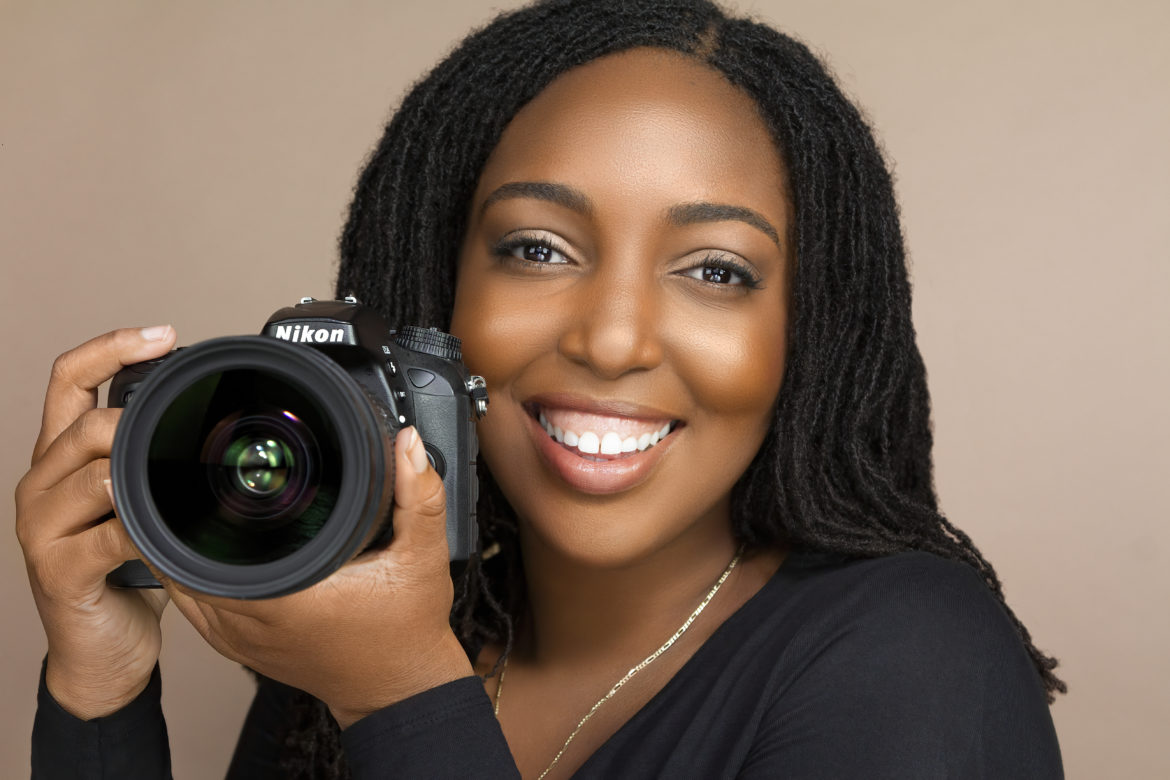
Amleya Clarke – Cinematography and Sound Assistant
Part of what makes ZEITGEIST! feel warm, informed, and grounded is its cast of personalities. Kota manages a small but close-knit production team whose strengths collectively shape the series.
Beyond Romario’s dual role as Cinematographer and Sound Mixer, Amleya Clarke serves as Cinematography and Sound Assistant, bringing a photographer’s eye and a meticulous attention to detail that enhances every set. The hosts, each representing a segment of the show, deepen its character:Josué Ramirez-Nelson, the Film Segment Host, brings journalistic polish and a certain suave professionalism; Kofi Jones, the Music Segment Host, infuses humour and spontaneity into his pieces; and Morgan Forde, the Feature Segment Host, shines through her warmth and natural ease with people.
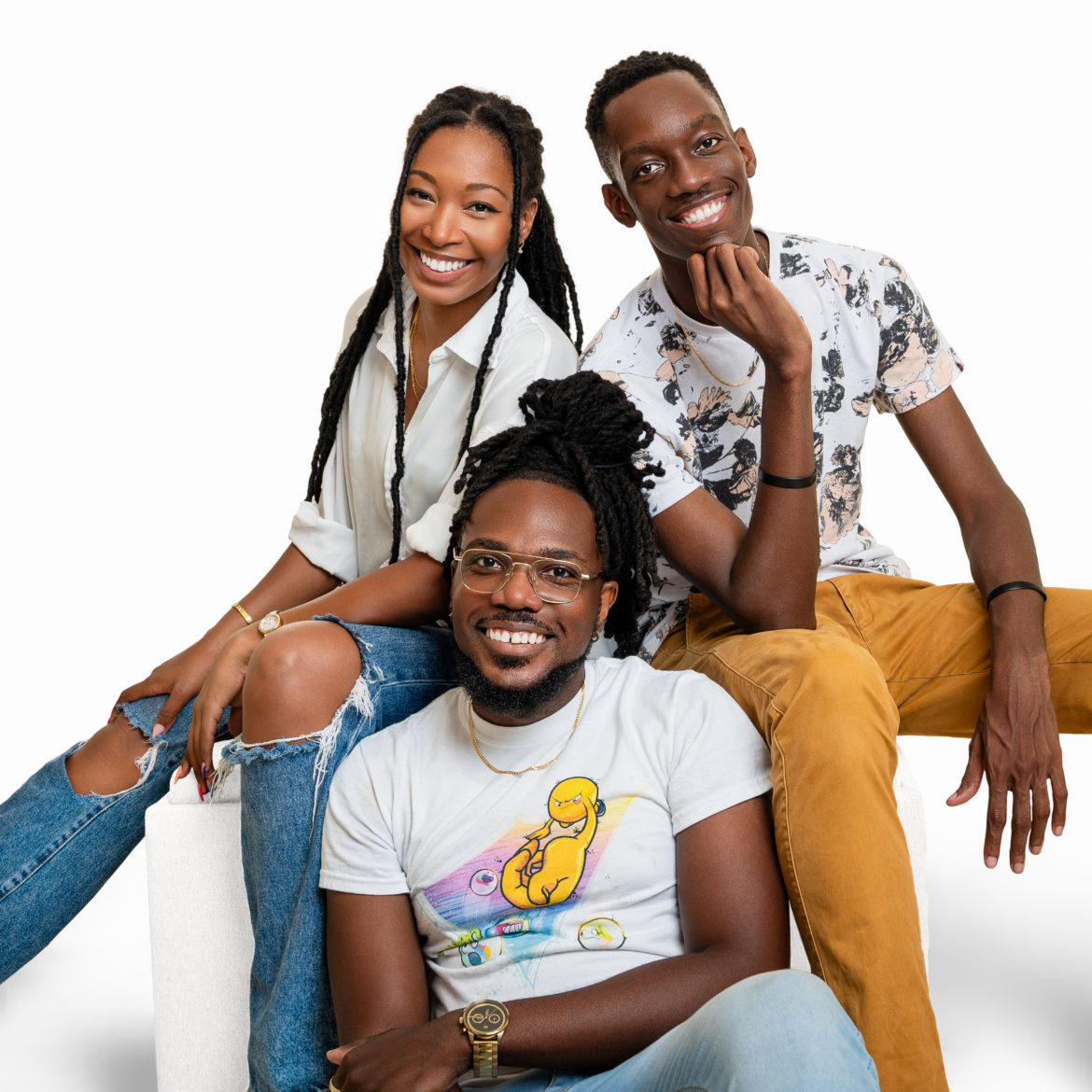
Meet the hosts: Morgan Forde, Kofi Jones, and Josué Ramirez-Nelson.
“Josué is a journalist… there’s a polish to his delivery,” Kota noted. “Kofi’s the funniest,” she added, emphasising the levity he adds to long filming days. And Morgan, she said, “is very personable… and she’s just so effervescent.”
Their dynamics reflect a truth about ZEITGEIST!, it is built as much on camaraderie as on research.
Kota describes herself as the series’ spine: creator, producer, researcher, writer, director, editor. But among those roles, writing is home. “100,000% the writing feels most natural to me,” she said, noting a family lineage steeped in storytelling from her journalist mother, Dale Forde, to her grandfather, G. Addinton Forde.
The colouring, correcting and grading part of editing, however, remains a battlefield. “It kicked my butt both seasons,” she confessed. “I’m not good at it, and I don’t like doing it. But you gotta do what you gotta do when you have limited resources.”
That honesty underscores a key truth: ZEITGEIST! is a labour of love, carried by passion rather than budget. As Kota bluntly states, the show currently makes “$0.” Yet she speaks of it in the tone artists reserve for destiny rather than employment.
Season 2’s episode compositions, she admits openly, weren’t always driven by theme. Some segments connected beautifully, like pairing the history of Barbadian independent filmmaking with an interview with PhD student and filmmaker Reyda Parris. Others, she said with trademark frankness, came together without “any intentional balance.”
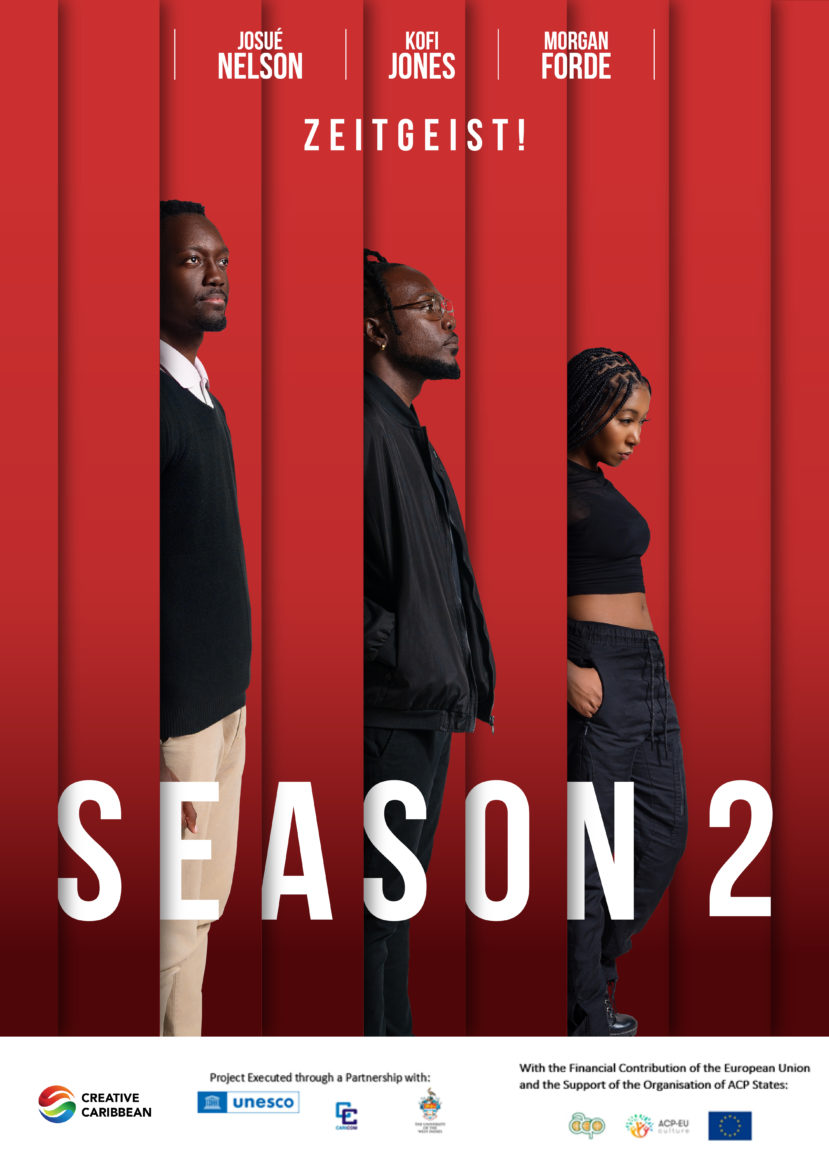
Still, the season produced powerful moments, especially in interviews with young filmmakers Melissa Hunte and Tyquan Neblett. Their commitment to authenticity struck Kota: “It was really encouraging to hear… that that is something that matters for the younger youth.”
Despite its modest beginnings, Kota sees a wide horizon for the project. She hopes to continue refining the show’s editing and presentation and dreams of broadcasting on regional stations. She wants to shorten the gap between seasons and eventually produce five. And if the project earns money someday, her goal isn’t profit; it’s survival. “I just want enough to keep making ZEITGEIST!,” she said. “You could really call this a non-profit or not-for-profit project.”
But perhaps the most striking part of her vision is deeply personal. Creating ZEITGEIST! helped her discover what she wants her life to be about. “It gave me a purpose,” she said quietly. “I had no idea what I wanted to do with my life until like about two years ago… This is what I want to dedicate my life to; researching and writing about Barbadian popular culture and entertainment and producing media about it.”
In a media landscape where cultural documentation often falls to chance, Kota Forde-Cumberbatch stands determined to ensure that Barbados’ artistic memory is not only preserved but also understood, celebrated, and handed down proudly to whoever comes next. (PR)
Written by: Info NCF
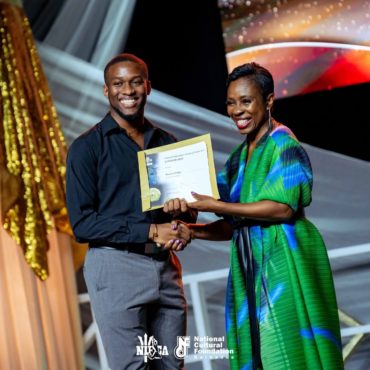
labelArts & Culture - Literary Arts todayNovember 23, 2025
When Ramario Phillips thinks back to the moment writing truly entered his life, he returns to 2011: a junior bronze at NIFCA for a poem he never expected to travel [...]

labelNews todayFebruary 5, 2026
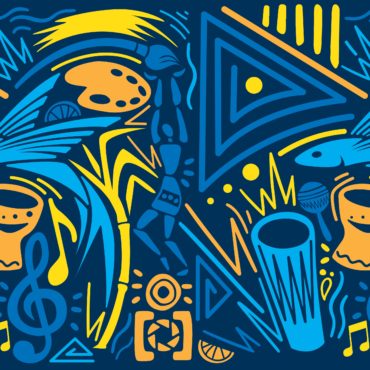
labelNews todayJanuary 28, 2026
The National Cultural Foundation
West Terrace,
St. James, Barbados
246-417-6610
Copyright 2024 National Cultural Foundation